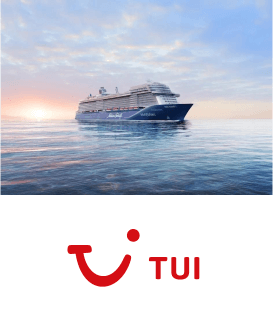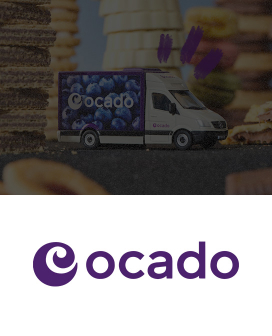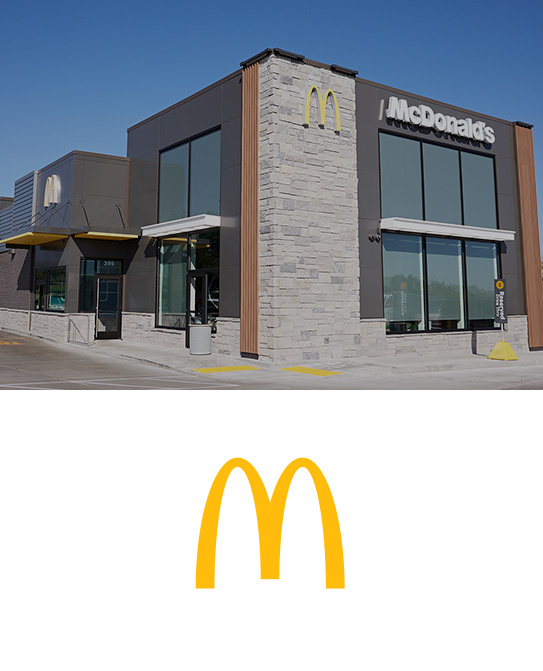When website visitors click on a featured ad, the ad owner owes an established amount to the website owner who agreed to host the ad. This amount is referred to as the “cost per click” or “CPC.” CPC advertising is highly reliant on keyword searches within web browsers to deliver the most relevant traffic to their ad spaces.
CPC ads can appear within web searches (featured at top or on side) and also within related websites. Typically, visitors will recognize a CPC opportunity when the words “sponsored ad” shows up within the site they are visiting. The actual cost of each click varies on how popular a desired keyword is and the demand for the ad space, timing, etc. For example, a “custom cards” keyword-focused ad would cost more on holiday websites at the end of each calendar than they would in the middle of summer and/or on a less relevant site.
Many online marketers prefer this form of advertising as they incur minimal or NO cost when their ads are not clicked. This assures them a high-result, low-risk option, unlike more tradition TV commercials and/or print advertising. Some Internet marketers worry about malicious clicks by competitors (when an unfriendly rival clicks on an ad repeatedly to cost the company money and, perhaps, reach the ad’s budget threshold, resulting in it disappearing). Many web-based companies that offer this type of advertising opportunity have launched successful automated anti-malicious clicking systems.









